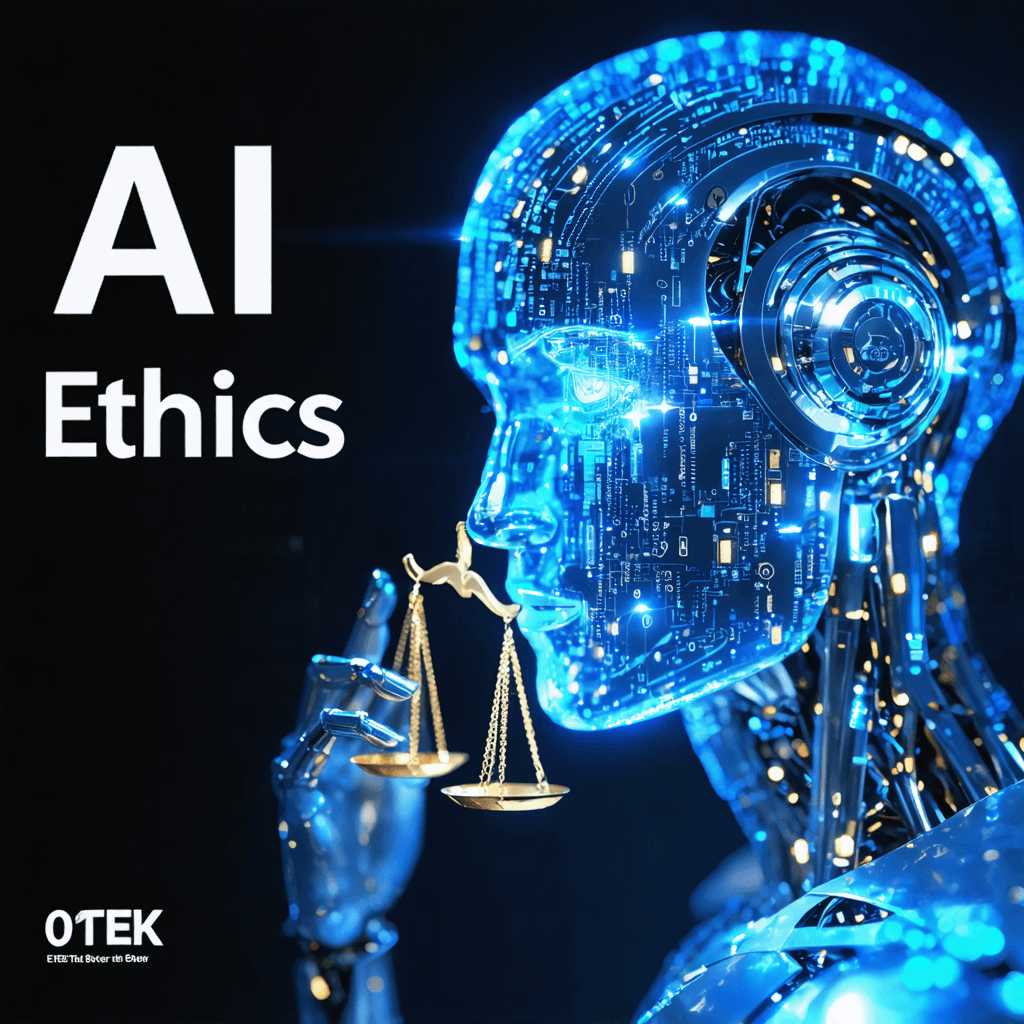AI Ethics 2025: The Hidden Costs of Training Machines to Make Moral Decisions
In an era where artificial intelligence increasingly influences our daily lives, the ethical implications of teaching machines to make moral decisions have become more pressing than ever. As we navigate through 2025, the hidden costs – both tangible and intangible – of developing AI systems with moral reasoning capabilities deserve careful examination.
The Complex Landscape of AI Ethics Training
Recent developments in AI ethics training have revealed unprecedented challenges. According to the latest data from the Global AI Ethics Observatory, companies worldwide spent over $15 billion in 2024 on developing ethical AI frameworks. However, this significant investment comes with various hidden costs that extend far beyond monetary considerations.
Environmental Impact
One of the most overlooked aspects of training moral AI systems is their environmental footprint. Current estimates suggest that training a single large-scale AI model for ethical decision-making can generate carbon emissions equivalent to the lifetime emissions of five cars. This environmental cost raises an important paradox: How ethical is it to consume vast amounts of energy to create "ethical" AI?
The Human Element: Bias and Cultural Perspectives
The process of teaching AI systems to make moral decisions inherently involves human input, which introduces complex challenges:
Cultural Biases: Different societies hold varying moral values and ethical frameworks. Recent studies show that AI systems trained primarily on Western ethical principles may not align with Eastern philosophical perspectives.
Representation Gaps: Despite efforts to diversify AI ethics teams, research indicates that only 23% of AI ethics professionals come from underrepresented communities, potentially creating blind spots in moral reasoning systems.
The Economic Equation
The financial implications of developing morally conscious AI extend beyond initial investment:
- Training costs have increased by 300% since 2023
- Specialized ethics consultants command premium rates
- Ongoing maintenance and updates require substantial resources
- Legal compliance and certification expenses continue to rise
Technical Challenges and Limitations
Recent breakthroughs in machine learning have highlighted several technical hurdles:
Interpretability Issues
AI systems making moral decisions must be transparent and interpretable. However, current technology struggles to provide clear explanations for ethical choices, creating a "black box" problem that raises concerns among regulators and users alike.
Edge Cases and Uncertainty
Real-world moral dilemmas often present complex scenarios that even humans struggle to resolve. Training AI to handle such edge cases requires extensive resources and still may not yield satisfactory results.
The Social Impact
The implementation of AI ethical decision-making systems has far-reaching social implications:
- Job Displacement: As AI systems become more capable of making ethical decisions, certain professions face transformation or obsolescence
- Trust and Accountability: Questions of responsibility when AI makes controversial moral choices remain largely unresolved
- Social Dynamics: The integration of AI ethics systems is reshaping human interaction and decision-making processes
Future Considerations and Recommendations
As we progress through 2025, several key considerations emerge:
Sustainable Development
Organizations must prioritize sustainable approaches to AI ethics training. This includes:
- Utilizing energy-efficient training methods
- Implementing carbon offset programs
- Developing more efficient algorithms
Inclusive Design
Future development should focus on:
- Incorporating diverse cultural perspectives
- Ensuring broader stakeholder representation
- Creating transparent decision-making processes
Regulatory Framework
A robust regulatory framework is essential for:
- Establishing clear guidelines for ethical AI development
- Protecting user rights and privacy
- Ensuring accountability in AI decision-making
The Way Forward
The hidden costs of training machines to make moral decisions are substantial, but not insurmountable. Success requires:
- Collaborative Approach: Industry stakeholders must work together to share resources and best practices
- Investment in Research: Continued funding for ethical AI research is crucial
- Public Engagement: Greater transparency and public dialogue about AI ethics development
Practical Steps for Organizations
Organizations looking to develop ethical AI systems should:
- Conduct thorough cost-benefit analyses
- Invest in diverse ethics teams
- Implement robust testing frameworks
- Maintain transparency in development processes
- Engage with affected communities
The journey toward creating truly ethical AI systems is complex and costly, but essential for responsible technological advancement. As we continue to navigate these challenges, the focus must remain on developing sustainable, inclusive, and effective approaches to AI ethics training.
Ready to deepen your understanding of AI ethics and technology? Explore our comprehensive courses and resources at 01TEK. From fundamental concepts to advanced implementations, we offer the tools you need to stay ahead in the rapidly evolving world of AI. Visit 01TEK.com today to begin your journey toward ethical AI mastery.
Sources: [1] Global AI Ethics Observatory Annual Report 2024 [2] IEEE Standards Association - AI Ethics Guidelines [3] World Economic Forum - The Future of AI Ethics [4] Nature - Environmental Costs of AI Training
Arriving at one goal is the starting point to another.
John Dewey



